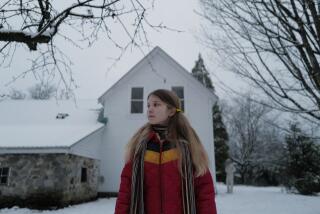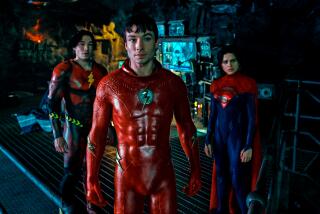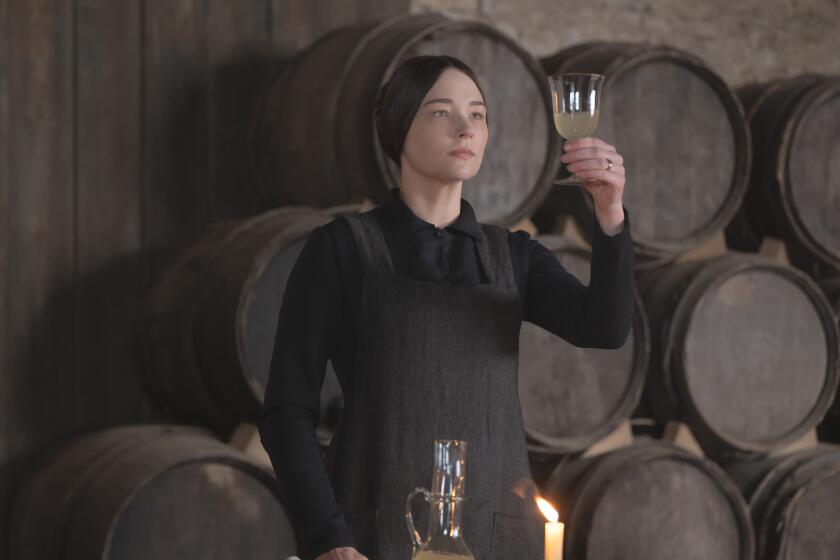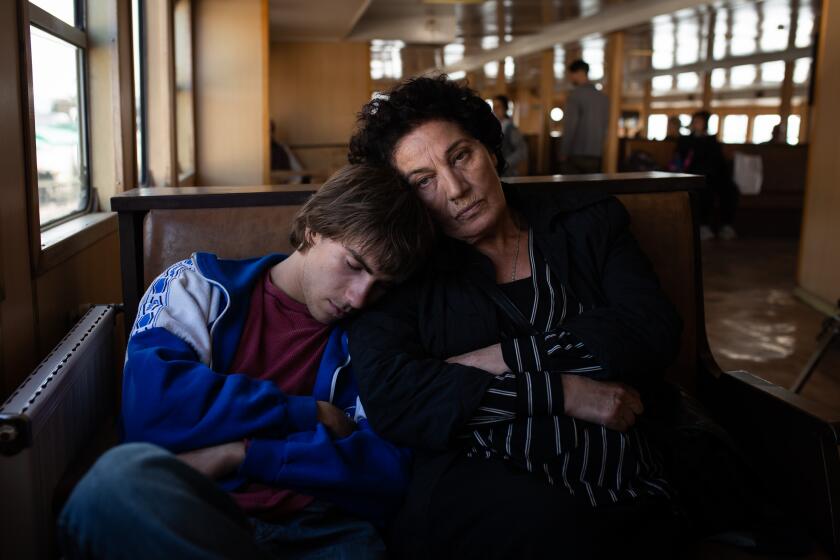Julius Harris, 81; Broke Stereotypes of Movie Roles for Black Actors
Julius Harris, the deep-voiced stage and screen actor who played the villainous Tee Hee in the James Bond film “Live and Let Die” and Ugandan President Idi Amin in the TV movie “Victory at Entebbe,” has died. He was 81.
Harris, a former member of the Negro Ensemble Company in New York City, died of heart failure Sunday at the Motion Picture and Television Hospital in Woodland Hills.
In an acting career that spanned four decades, Harris appeared in more than 70 film and television productions.
He played such diverse roles as a preacher who headed a slave group in the 1982 Civil War miniseries “The Blue and the Gray” and a gangster in the 1972 blaxploitation film classic “Superfly.”
“Even today, if I am walking in a black neighborhood, people call me by my ‘Superfly’ name -- Scatter,” Harris told The Times last October before being honored with a tribute by the Next Generation Council of the Motion Picture & Television Fund’s Legacy Film Series at the Directors Guild of America Theatre.
“His work helped African Americans break out of stereotypical movie roles and be seen as dynamic heroes and fully realized human beings,” actress Halle Berry said in a taped introduction to Harris’ film work.
A Philadelphia native whose mother was a Cotton Club dancer and whose father was a musician, Harris served as an Army medic during World War II. After leaving the service in 1950, he found work as an orderly and eventually became a nurse before moving to New York City.
As a regular at a Greenwich Village bar, he became friends with James Earl Jones, Yaphet Kotto, Al Freeman, Louis Gossett Jr. and other actors, whom he teased for being out of work.
“I would say to them, ‘You bums. You are always broke. What kind of actors are you? ... I can do your job with my arms tied behind my back,’ ” he recalled in The Times interview.
To back up his claim, he landed the small role of Ivan Dixon’s drunk, defeated father in “Nothing but a Man,” a critically acclaimed 1964 film about black life in the South starring Dixon and Abbey Lincoln.
“Not knowing the business, feeling I had to be in character, I got me a pint of bourbon, some of the worst rotgut stuff I could get,” Harris said.
When he arrived on the set, the producer and director took one look at him and said, “We can’t do anything with you today, Julius, but if you are the man we think you are, you’ll come back tomorrow.”
Harris said: “I was so embarrassed. So I went back home, sobered up and came back the next day and did the master [shot] in [one] take and close-ups in two [takes] and went home.”
In his review of the film, The Times’ Kevin Thomas deemed Harris’ performance superb.
He is survived by his children, Kimberly and Gideon.
A private memorial service will be held.
More to Read
Only good movies
Get the Indie Focus newsletter, Mark Olsen's weekly guide to the world of cinema.
You may occasionally receive promotional content from the Los Angeles Times.






